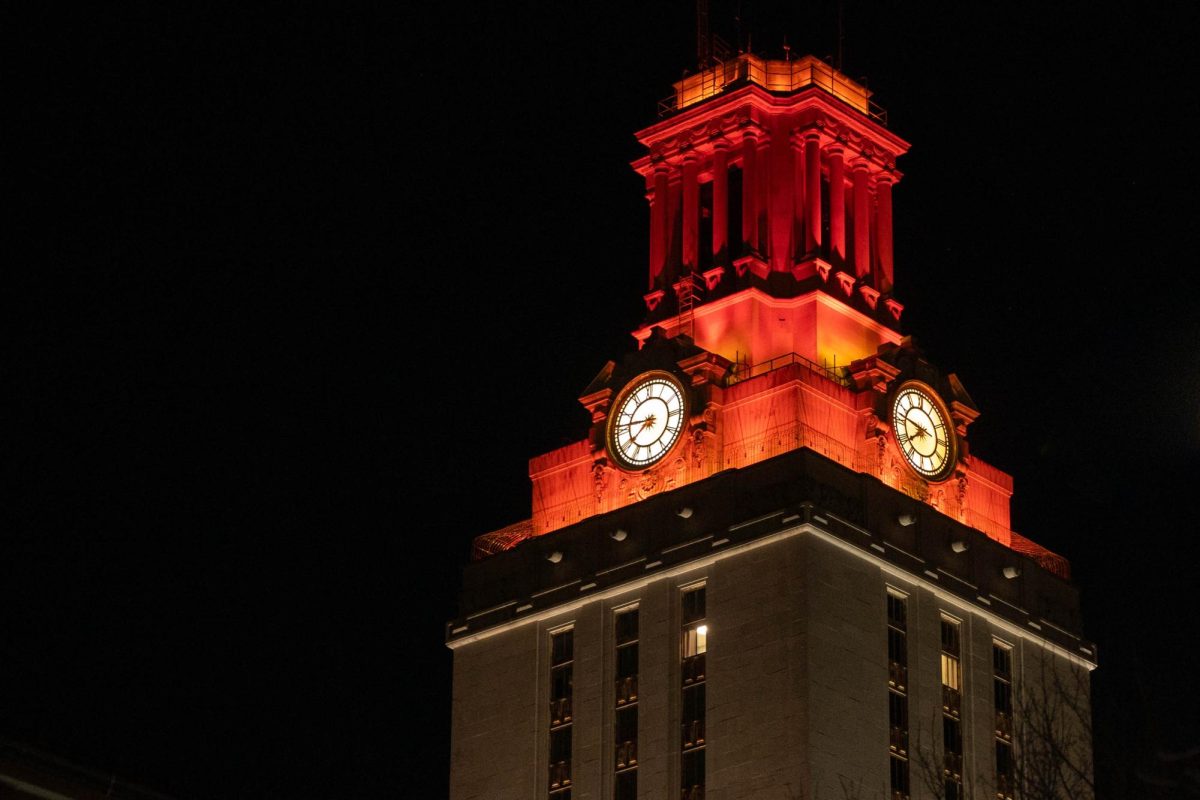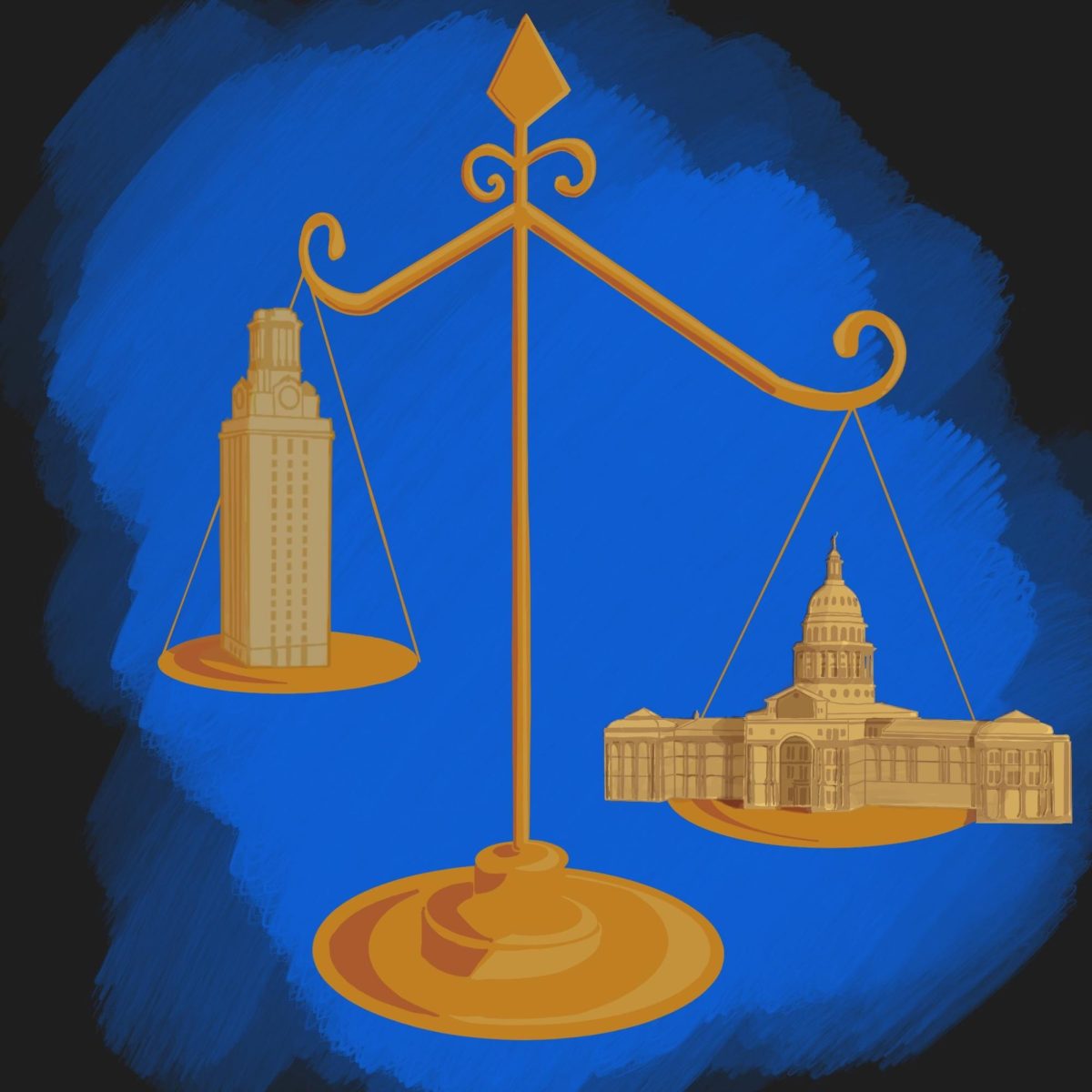UT and universities across the U.S. are reporting increased FAFSA verification requests from the U.S. Department of Education, complicating the financial aid application process for students.
The Department of Education regularly asks about a third of student applicants to submit additional government tax records and documentation to prove income and identity. But recent changes to the FAFSA process are leading to more verification requests.
The National Association of Student Financial Aid Administrators reported that verification requests this October increased threefold, according to the Washington Post. For the current 2017–2018 academic year, UT’s Financial Aid Office has also seen small increases in verification requests.
Trina Manor, associate director of UT’s Office of Financial Aid, said verification requests have increased at UT in part because of changes to how the University works with the U.S. Department of Education.
Through an agreement called the Quality Assurance program, UT’s financial aid office could verify fewer FAFSA applications if they helped the Department of Education analyze common issues in student applications. With the end of the program in 2016, more students have had to verify their information, Manor said.
“With … the program, they allowed us to not verify every file coming through,” Manor said. “Now we have verify every request from the Department of Education.”
Diane Todd Sprague, director of UT’s financial aid office, said the program ended when the Department of Education allowed students to apply with income tax information from two years before and use the Internal Revenue Service’s data retrieval tool to submit tax records.
But now, students like journalism junior Aiden Park, who are selected for verification randomly, have to scramble to fix their forms. Park was asked to verify his FAFSA last spring semester, and then again this fall.
“My heart dropped when I got the email,” Park said. “It’s a lot of paperwork.”
Last time he had to verify his information, Park had to visit UT’s financial aid office for help about nine times. At the office, he saw and overheard a lot of students with the same issue.
“There were a lot of students there,” Park said. “The financial aid office even seemed to be overwhelmed.”
Park said gathering the documents from the IRS office or his home in Marble Falls, Texas, was one of the biggest challenges.
“It doesn’t sound like a lot, but it was,” Park said. “It took up a lot of my time at the beginning of the semester.”
Park was eventually able to verify his information and receive financial aid in time for the 2017–2018 academic year.
But for Yocelin Rivera, an international relations and psychology junior, a verification request during her freshman year took almost a year to resolve and caused her to lose financial aid last fall semester.
“It really impacted me and my family financially,” Rivera said. “I remember struggling a lot that semester.”
The Department of Education has said it is working to address the issues with increased verification requests, according to The Washington Post.
Manor said students are usually selected for verification randomly, but students should take their time and fill out FAFSA forms carefully in order to avoid being selected because of application discrepancies.




















